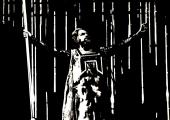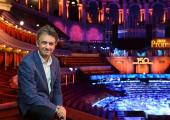First Person: Rachel O'Riordan on the enduring power of a sad, funny, and extraordinary play

The director on the renewed power of 'The Beauty Queen of Leenane' 25 years on
The Beauty Queen of Leenane is a vicious, sad and extraordinary play.









